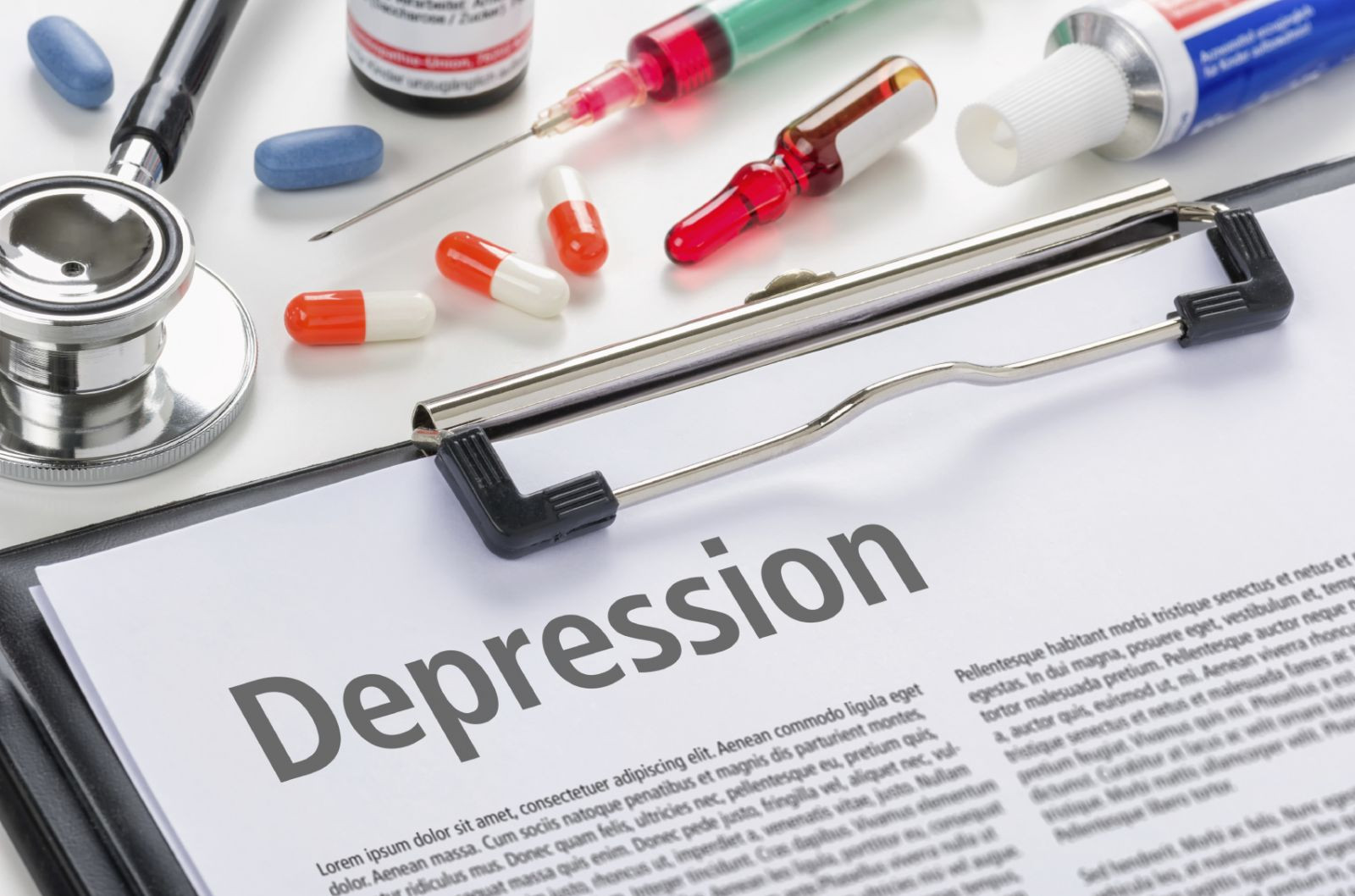Confirming depression: When extra tests might help

Medical science is making good progress in unraveling the biological underpinnings of depression. Someday, these discoveries may lead to lab tests that can help identify or confirm depression and other mood disorders.
Right now, doctors and therapists rely on the symptoms reported by their patients, along with clinical expertise and experience, to diagnose depression and determine a course of treatment.
Sometimes, though, additional information can help distinguish depression from other problems. That's why your doctor might recommend any of the following tests:
- Psychological tests, during which you answer questions, respond to images, or perform tasks like sorting cards or drawing pictures. These tests can give your doctor a better sense of your coping mechanisms, your temperament, or your ability to organize and plan.
- Tests that look at the brain, such as an EEG or MRI, which can help identify causes of dementia or some rare causes of depression. Both tests are painless. During an EEG, electrodes taped to your scalp pick up electrical signals. An MRI uses magnets, a radio wave transmitter, and a computer to make a detailed scan of your brain.
- Tests for other causes of depression, such as a blood test to check thyroid function.
Doctors generally order such tests only when they note a potential health problem during a physical exam or medical history.
For more information on the possible causes of depression and ways your doctor will work with you on a diagnosis, buy Understanding Depression, a Special Health Report from Harvard Medical School.
Image: iStock
Disclaimer:
As a service to our readers, Harvard Health Publishing provides access to our library of archived content. Please note the date of last review or update on all articles.
No content on this site, regardless of date, should ever be used as a substitute for direct medical advice from your doctor or other qualified clinician.















